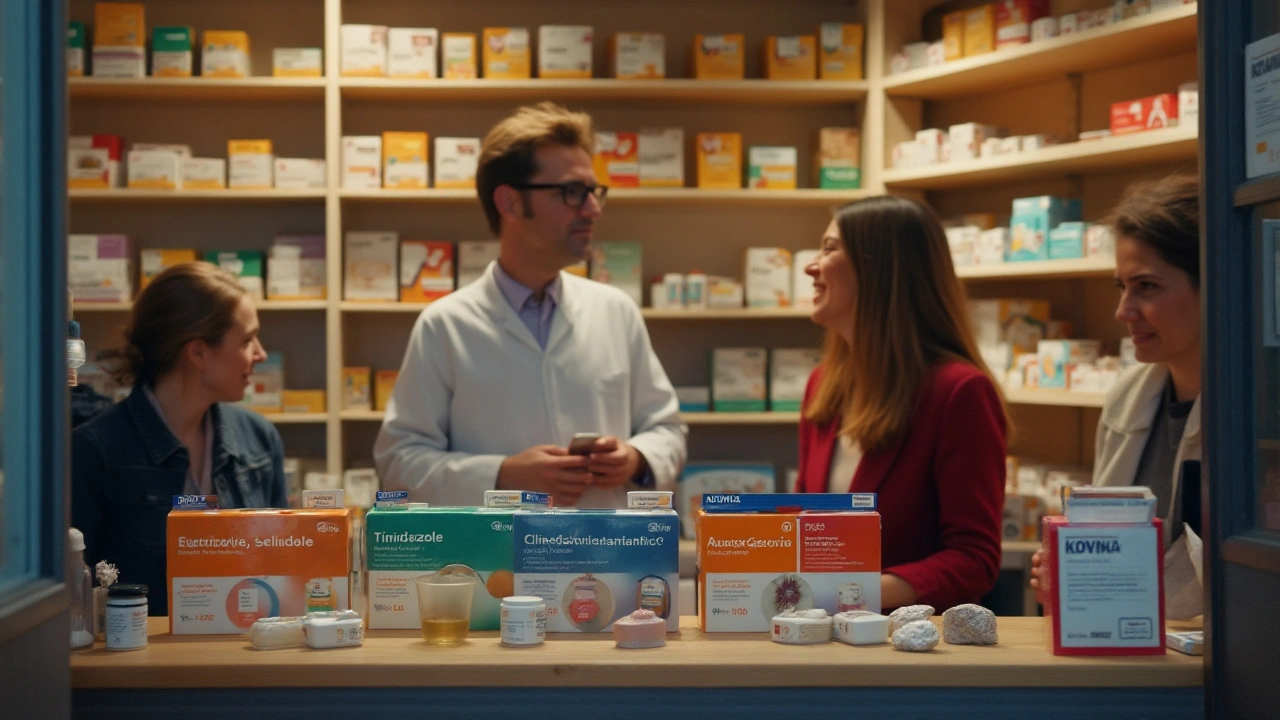Trichomoniasis Treatment: What You Need to Know
Dealing with trichomoniasis can feel overwhelming, but the good news is it’s one of the most treatable sexually transmitted infections out there. Treatment usually involves a simple course of antibiotics that can clear up the infection quickly, often within a week. Early treatment not only stops symptoms like itching or discharge but also prevents passing the infection to others.
The most commonly prescribed medicines for trichomoniasis are metronidazole or tinidazole. These work by wiping out the parasite causing the infection. Usually, you take a single dose or a short daily course, so it’s pretty straightforward. Just be sure to follow the doctor’s prescription exactly and avoid alcohol while on these meds to prevent any nasty side effects.
Tips for a Smooth Recovery
While the antibiotics do their job, it’s best to avoid sexual activity until the treatment is finished and your partner – yes, both of you – have been treated too. This helps stop reinfection. Also, practicing safe sex going forward can keep you protected from trichomoniasis and other STIs down the road.
Interestingly, some people don’t feel any symptoms but can still carry and spread the infection. That’s why routine STI testing is a smart idea if you’re sexually active, especially with new or multiple partners. Catching trichomoniasis early makes treatment easier and helps prevent complications.
What If Symptoms Stick Around?
If you’re still noticing discomfort after treatment, it might mean the infection didn’t clear completely, or you could have picked up another STI. Don't hesitate to check back with your healthcare provider to figure out the next steps. Sometimes, a second round of antibiotics or additional tests might be necessary.
Remember, the goal with trichomoniasis treatment is a full, quick recovery with minimal fuss. Keep communication open with your partner and healthcare provider, stick to treatment guidelines, and you’ll be back to feeling normal in no time.
Flagyl is a well-known medication for treating various infections, but there are several effective alternatives available in 2024. This article explores five options, detailing their uses, benefits, and drawbacks. We'll cover second-generation antibiotics like Tinidazole and Secnidazole, as well as other options like Clindamycin, Vancomycin, and Nitazoxanide. Find out which alternative might be suitable for your treatment needs.

